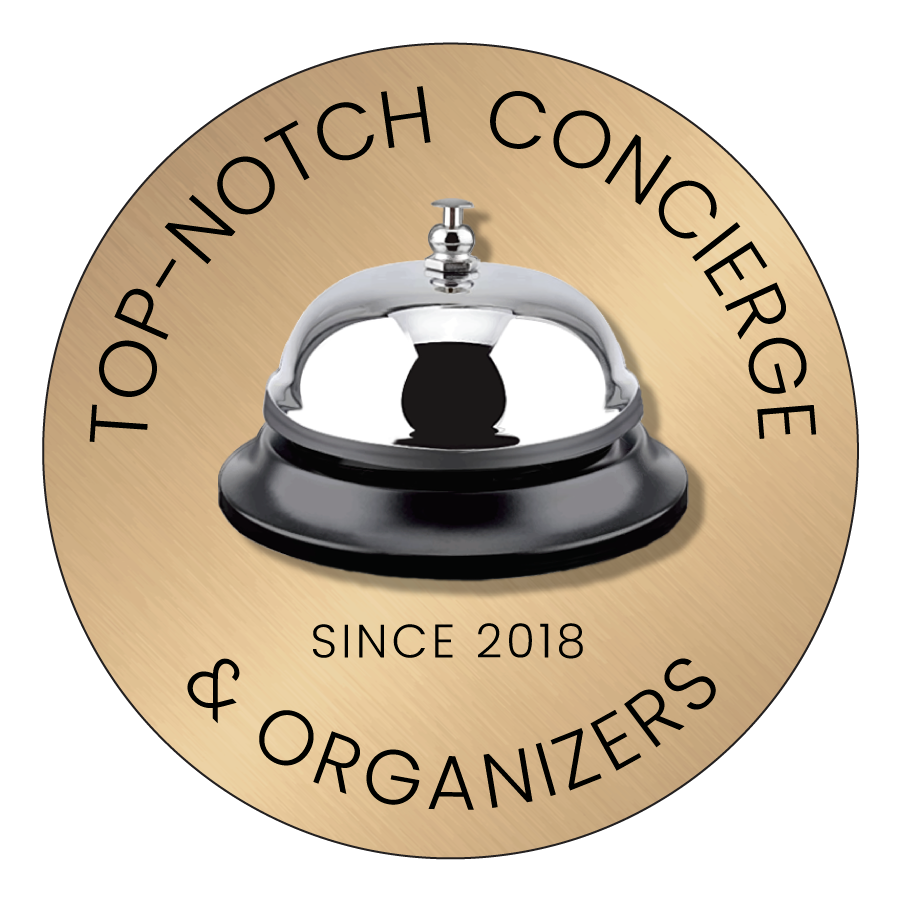Stress is our body’s reaction to harmful sitituations – real or perceived which produces a chemical reaction in our body that lets us take action to prevent injury. This is known as ‘fight or flight’ or the stress response. During this time heart rate may increase, breathing quickens, muscles tighten and blood pressure rises – we’ve become ready to act. It’s how we protect ourselves.
Stress can at times be a bit of a moving target – what causes it in one person may be of little concern to another. Some individuals are better than others at handling stress but in one way or another stress affects all of us.
We may notice symptoms of stress during busy times at work, managing our finances and family demands. Stress is everywhere and some stress is actually beneficial – too much though will wear us down and lead to health issues.
Recognizing stress in our lives can be more difficult than you think since most of us are so used to being stressed its not always noticable until we are at the breaking point. Many people blame prolonged stress in their life for their inability to maintain healthy relationships with family and friends.
One of the most common health issues in the workplace is chronic stress.
Hypertension, digestive troubles, heart problems, chronic aches and pains are some of the physical consequences associated with it. It has been linked to a higher risk of depression, anxiety and insomnia which can effect your overall mental health as well.
Over an extended peroiod of time too much stress leads to workplace burnout. Those working high amounts of overtime are at a high risk of burnout, which is associated with fatique, mood swings, irritability and a decrease in work performance. For employers this can be costly as according to the Harvard Business Review, psychological and physical problems of burned out employees cost an estimated $125 – $190 billion a year in healthcare spending the United States. Employers that prioritize work-life balance can save money and maintain a healthier, more productive workforce.
Attitudes on work-life balance will continue to evolve with cultural, generational and economic changes. Flexible leaders can update or reinvent their workplace culture to try something new if employees report poor work-life balance. While maximizing employee productivity will always remain a constant goal, ensuring employees have the time they desire away from the office and enjoy their time spent in the office is the best way to retain talented employees and make them lifers, regardless of perceived generational differences.
Stress outside the work place…
The most dangerous thing about stress is how easily it can creep up on you. You get used to it. It starts to feel familiar, even normal. You don’t notice how much it’s affecting you, even as it takes a heavy toll. That’s why it’s important to be aware of the common warning signs and symptoms of stress overload.
† Cognitive symptoms:
- Memory problems
- Inability to concentrate
- Poor judgment
- Seeing only the negative
- Anxious or racing thoughts
- Constant worrying
Emotional symptoms:
- Depression or general unhappiness
- Anxiety and agitation
- Moodiness, irritability, or anger
- Feeling overwhelmed
- Loneliness and isolation
- Other mental or emotional health problems
Common external causes of stress include:
- Major life changes
- Work or school
- Relationship difficulties
- Financial problems
- Being too busy
- Children and family
Common internal causes of stress include:
- Pessimism
- Inability to accept uncertainty
- Rigid thinking, lack of flexibility
- Negative self-talk
- Unrealistic expectations / perfectionism
- All-or-nothing attitude
While eliminating stress completely from our lives may not be possible there are ways to improve the ability to handle it.
Get moving. Upping your activity level is one tactic you can employ right now to help relieve stress and start to feel better
Connect to others. The simple act of talking face-to-face with another human can trigger hormones that relieve stress when you’re feeling agitated or insecure. Even just a brief exchange of kind words or a friendly look from another human being can help calm and soothe your nervous system
Engage your senses. Another fast way to relieve stress is by engaging one or more of your senses—sight, sound, taste, smell, touch, or movement. Does listening to an uplifting song make you feel calm? Or smelling ground coffee? Or maybe petting an animal works quickly to make you feel centered? Engage your sense of sound with beautiful relaxing music through this link
Learn to relax. You can’t completely eliminate stress from your life, but you can control how much it affects you. Relaxation techniques such as yoga, meditation, and deep breathing activate the body’s relaxation response, a state of restfulness that is the polar opposite of the stress response.
Eat a healthy diet. The food you eat can improve or worsen your mood and affect your ability to cope with life’s stressors.
Get your rest. Feeling tired can increase stress by causing you to think irrationally. At the same time, chronic stress can disrupt your sleep.
† Data from helpguide.org Jeanne Segal, Ph.D., Melinda Smith, M.A., Robert Segal, M.A., and Lawrence Robinson
While eliminating stress completely from our lives may not be possible there are ways to improve the ability to handle it.
Get moving. Upping your activity level is one tactic you can employ right now to help relieve stress and start to feel better
Connect to others. The simple act of talking face-to-face with another human can trigger hormones that relieve stress when you’re feeling agitated or insecure. Even just a brief exchange of kind words or a friendly look from another human being can help calm and soothe your nervous system
Engage your senses. Another fast way to relieve stress is by engaging one or more of your senses—sight, sound, taste, smell, touch, or movement. Does listening to an uplifting song make you feel calm? Or smelling ground coffee? Or maybe petting an animal works quickly to make you feel centered? Engage your sense of sound with beautiful relaxing music.
Learn to relax. You can’t completely eliminate stress from your life, but you can control how much it affects you. Relaxation techniques such as yoga, meditation, and deep breathing activate the body’s relaxation response, a state of restfulness that is the polar opposite of the stress response.
Eat a healthy diet. The food you eat can improve or worsen your mood and affect your ability to cope with life’s stressors.
Get your rest. Feeling tired can increase stress by causing you to think irrationally. At the same time, chronic stress can disrupt your sleep.
† Data from helpguide.org Jeanne Segal, Ph.D., Melinda Smith, M.A., Robert Segal, M.A., and Lawrence Robinson
Enable your sense of sound and reduce stress with beautiful relaxing bird music. (click here)




